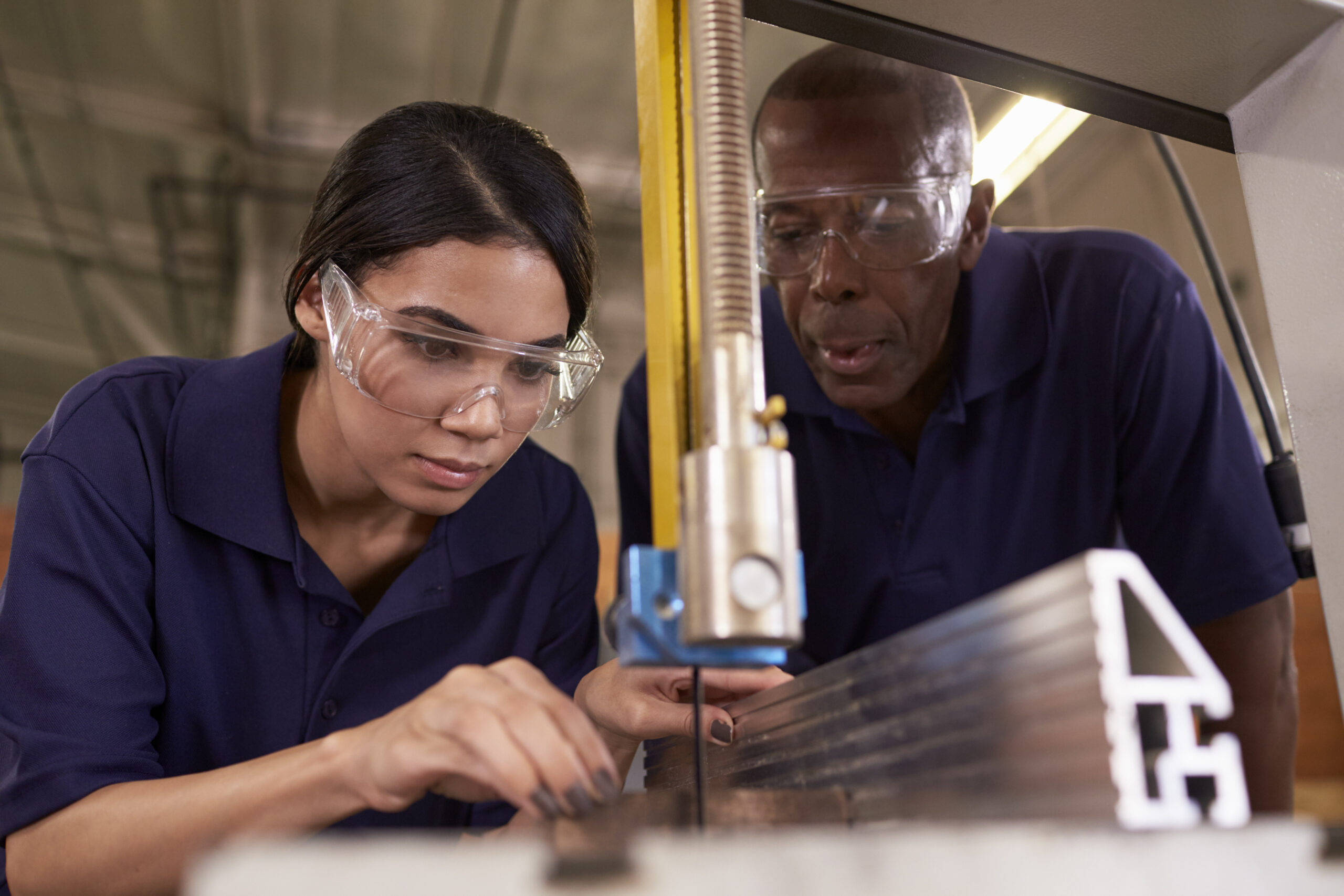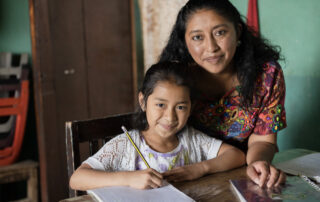Publications
Underwater: Student Mothers and Fathers Struggle to Support Their Families and Pay Off College Loans
IWPR conducted original research on an often-overlooked group of students—parents with children—as they struggle to make ends meet while pursuing academic degrees and certificates. Student parents often face enormous financial barriers to academic success. They report high financial insecurity including issues with food, housing [...]
The Status of Women in Florida Reproductive Rights
This White Paper provides an overview of reproductive rights in Florida. The report outlines the historical and political context of reproductive rights in the state and summarizes key data and outcomes. The report concludes with policy recommendations and areas for future research. It builds [...]
New IWPR Report Highlights Opportunities to Expand Access to Manufacturing Jobs, Lifts Up the Voices of Women on the Shop Floor
Washington, D.C. —A majority of women who responded to a survey of shop floor manufacturing workers report a largely equitable and harassment-free workplace, according to a new report released today by the Institute for Women’s Policy Research (IWPR). Yet the report also highlights the challenges [...]
Advancing Women in Manufacturing: Perspectives from Women on the Shop Floor
Careers in manufacturing can provide high earnings and good benefits. After years of decline,the manufacturing industry is growing again. Manufacturing employs one in ten workers in the United States but fewer than a third of workers are women,and women are particularly underrepresented in many [...]
New IWPR Polling Shows Strong Support for Congressional Action on Equal Pay, Child Care, Paid Leave, and Women’s Reproductive Health
March 21, 2023 Contact: William Lutz 202-785-5100 Washington, D.C. — Three out of four adults want to see Congress pass laws strengthening equal pay laws, expanding access to child care, and guaranteeing access to paid sick leave, while two of three adults want to see [...]
New IWPR Poll: Americans Want Congress to Act on Equal Pay, Child Care, Paid Leave, Reproductive Rights
This poll was conducted between February 2- February 3, 2023 among a sample of 2,201 U.S. Adults. The interviews were conducted online and the data were weighted to approximate a target sample of Adults based on age, gender, race, educational attainment, region, gender by [...]












